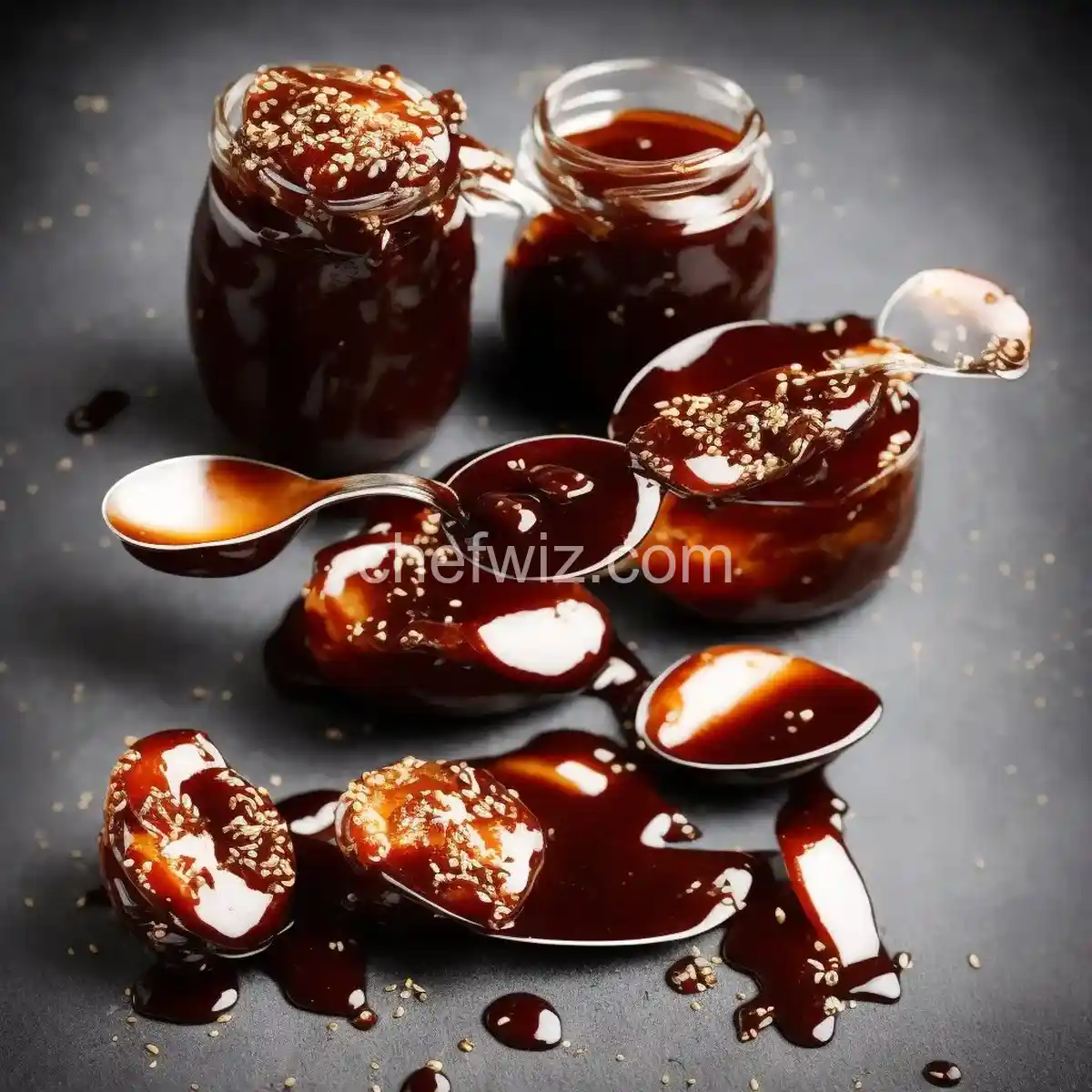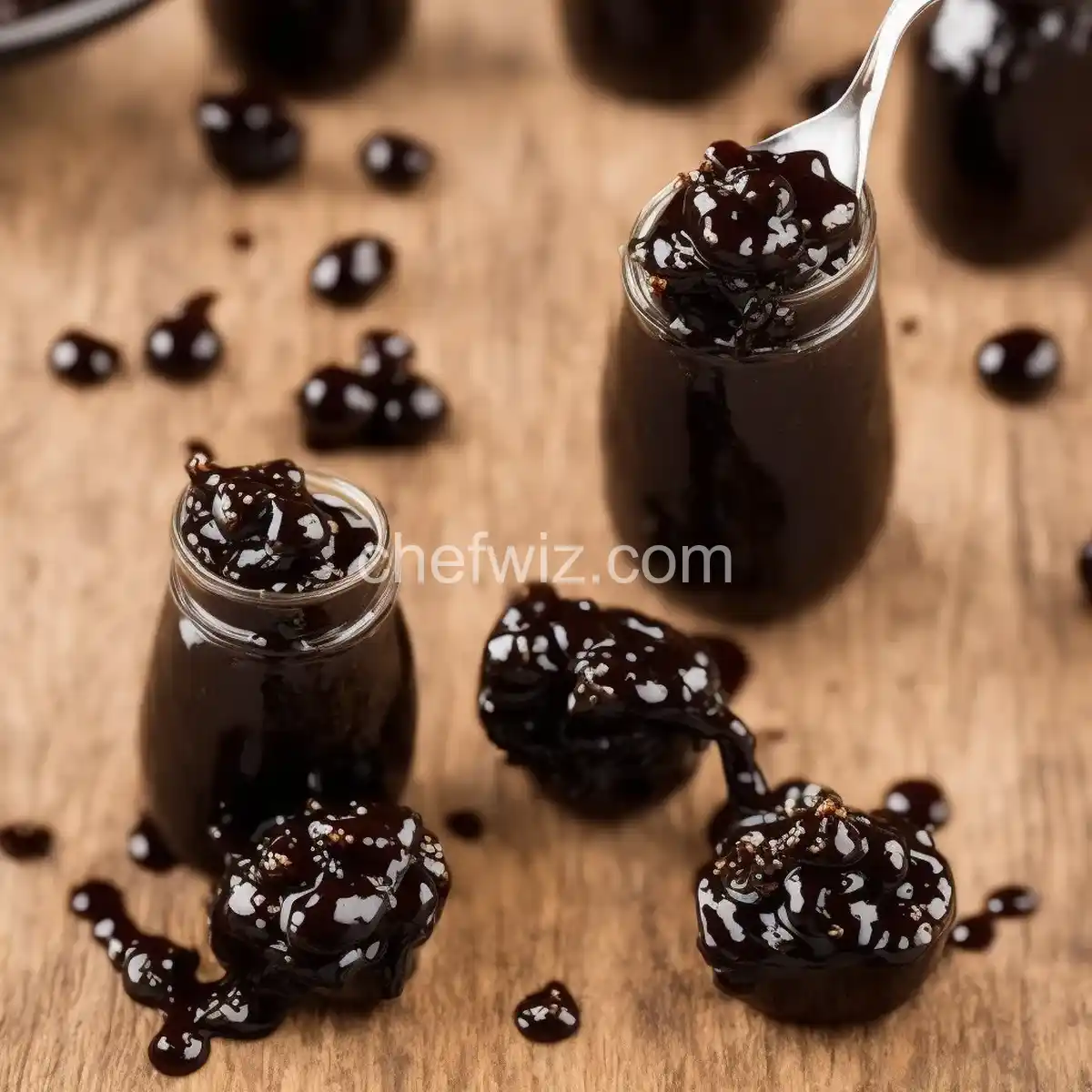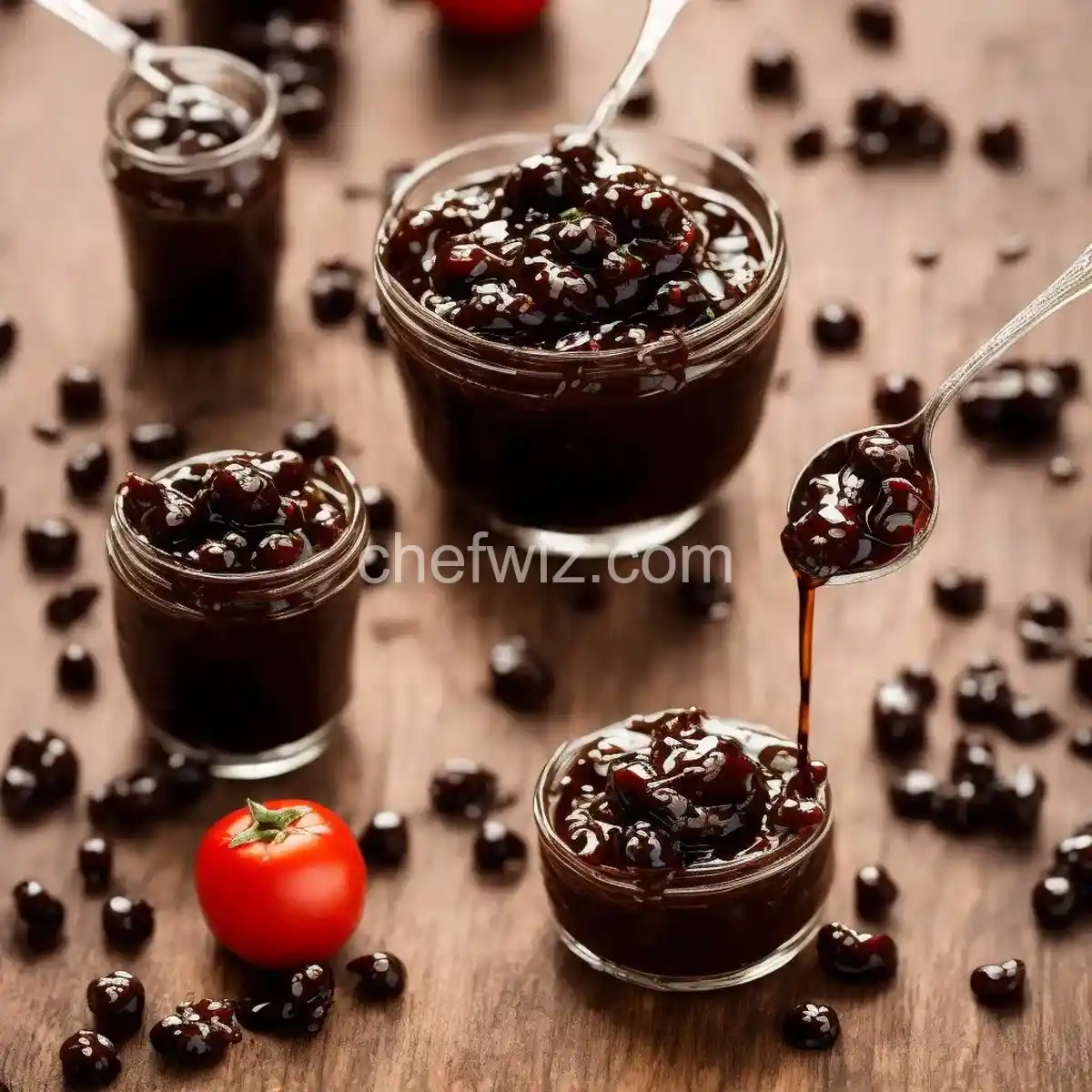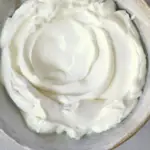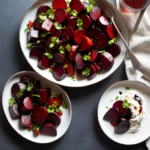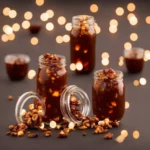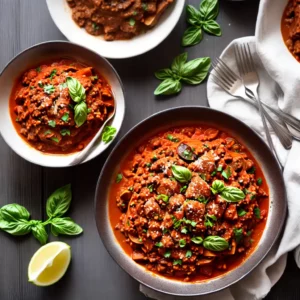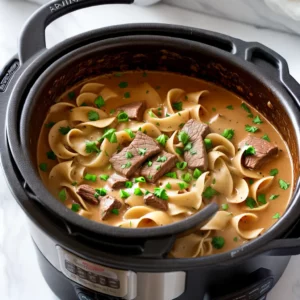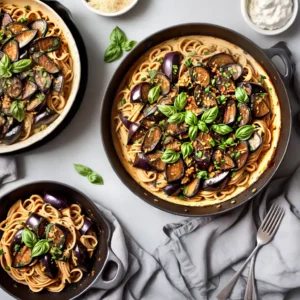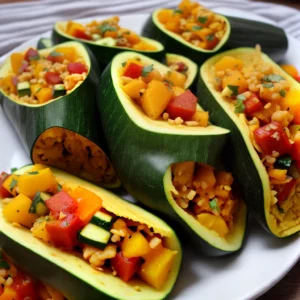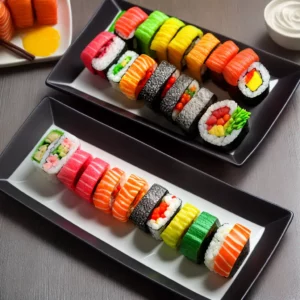Balsamic Reduction (Balsamic Glaze)
Have you ever wondered how to add a touch of sophistication and flavor to your dishes? Look no further than balsamic reduction, also known as balsamic glaze. This versatile condiment can elevate any dish, from salads to desserts, with its rich, tangy, and slightly sweet taste. In this article, we’ll explore what balsamic reduction is, how it’s made, and some creative ways to use it in your culinary adventures.
What is Balsamic Reduction?
Balsamic reduction is a concentrated sauce made from balsamic vinegar. Through a process of simmering and reducing, the vinegar transforms into a thick, syrupy consistency, intensifying its flavor and sweetness. The reduction process also helps mellow out the vinegar’s acidity, resulting in a smooth and well-balanced glaze.
How is Balsamic Reduction Made?
To make balsamic reduction, you’ll need a good quality balsamic vinegar. Pour the vinegar into a saucepan and bring it to a gentle simmer over medium heat. As the liquid heats up, the vinegar will begin to evaporate, leaving behind a more concentrated flavor. Stir occasionally to prevent the vinegar from burning or sticking to the pan.
After about 15-20 minutes, you’ll notice that the vinegar has thickened and reduced in volume. It should have a syrup-like consistency that coats the back of a spoon. Remove the saucepan from the heat and allow the reduction to cool. As it cools, it will continue to thicken, so don’t worry if it seems a bit runny at first.
Ways to Use Balsamic Reduction
Now that you have your homemade balsamic reduction, let’s explore some delightful ways to incorporate it into your meals:
Salads:
Drizzle balsamic reduction over a fresh Caprese salad for a burst of flavor. The glaze pairs perfectly with the creamy mozzarella, ripe tomatoes, and fragrant basil. You can also use it as a dressing for a green salad to add a touch of sweetness and acidity.
Meat and Fish:
Balsamic reduction is an excellent companion for grilled meats and fish. Brush it onto chicken breasts or salmon fillets before grilling for a caramelized glaze. The richness of the reduction complements the savory flavors of the meat, creating a mouthwatering combination.
Vegetables:
Roasted vegetables become even more enticing with a drizzle of balsamic reduction. Toss your favorite veggies in olive oil, sprinkle with salt and pepper, and roast until tender. Just before serving, add a generous drizzle of the reduction to elevate their flavors.
Fruit:
Yes, balsamic reduction is not just for savory dishes! It can also be a delightful addition to desserts featuring fruits. Try it on strawberries, peaches, or even vanilla ice cream for a surprising twist. The tanginess of the balsamic glaze will balance out the sweetness and add a unique depth of flavor.
FAQs
1. Can I use any type of balsamic vinegar to make the reduction?
While you can use any balsamic vinegar, it’s best to choose a high-quality one for the best results. A good balsamic vinegar will have a more complex flavor profile and will yield a superior reduction.
2. How long does balsamic reduction last?
If stored properly in an airtight container in the refrigerator, balsamic reduction can last for several months. The cool temperature helps preserve its flavor and consistency.
3. Can I make a larger batch of balsamic reduction and store it for future use?
Absolutely! You can make a larger batch of balsamic reduction and keep it in the refrigerator for whenever you need it. Just remember to store it in a sealed container to maintain its quality.
4. Can I use balsamic reduction as a marinade?
While balsamic reduction adds wonderful flavor to dishes, it may be too thick to use as a marinade. Instead, you can use regular balsamic vinegar for marinating and then drizzle the reduction on the cooked dish for added flair.
5. Is balsamic reduction gluten-free?
Yes, balsamic reduction is typically gluten-free as it is made solely from balsamic vinegar, which does not contain gluten. However, it’s always best to check the label or verify with the manufacturer to ensure there are no added ingredients that may contain gluten.
6. Can I use balsamic reduction in cocktails?
Definitely! Balsamic reduction can add a unique twist to cocktails. Try mixing it with sparkling water, a splash of your favorite spirit, and some fresh herbs or fruit for a refreshing and sophisticated beverage.
7. Can I use balsamic reduction in a vinaigrette?
Absolutely! Balsamic reduction can be a fantastic addition to vinaigrettes. Combine it with olive oil, Dijon mustard, honey, and your choice of herbs for a delicious dressing that will elevate any salad.
8. Can balsamic reduction be used as a dip?
Yes! Balsamic reduction can be a delightful dipping sauce for bread, grilled vegetables, or even cheese. Its flavor profile adds a touch of sweetness and acidity that complements a variety of foods.
In conclusion, balsamic reduction is a simple yet elegant condiment that can transform your dishes from ordinary to extraordinary. Its tangy and sweet flavor profile, along with its thick and syrupy consistency, make it a versatile addition to both savory and sweet creations. So why not try making your own balsamic reduction and experiment with the many ways to enhance your culinary creations? Your taste buds will thank you!
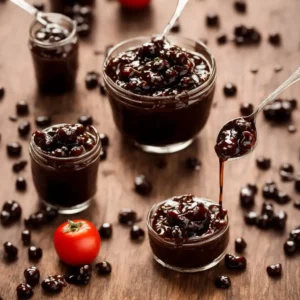
Balsamic Reduction (Balsamic Glaze)
Ingredients
- - 1 cup of balsamic vinegar
Instructions
- Place the vinegar in a small saucepan and heat it until it starts to boil gently.
- Lower the heat and continue simmering the vinegar, stirring frequently, until it becomes thick and reduced. This process usually takes about 8 to 12 minutes, but the exact time may vary depending on how thick you want the final result to be.
- Remember that the balsamic vinegar will thicken further as it cools down.
- For serving ideas, please refer to the blog post mentioned above.

